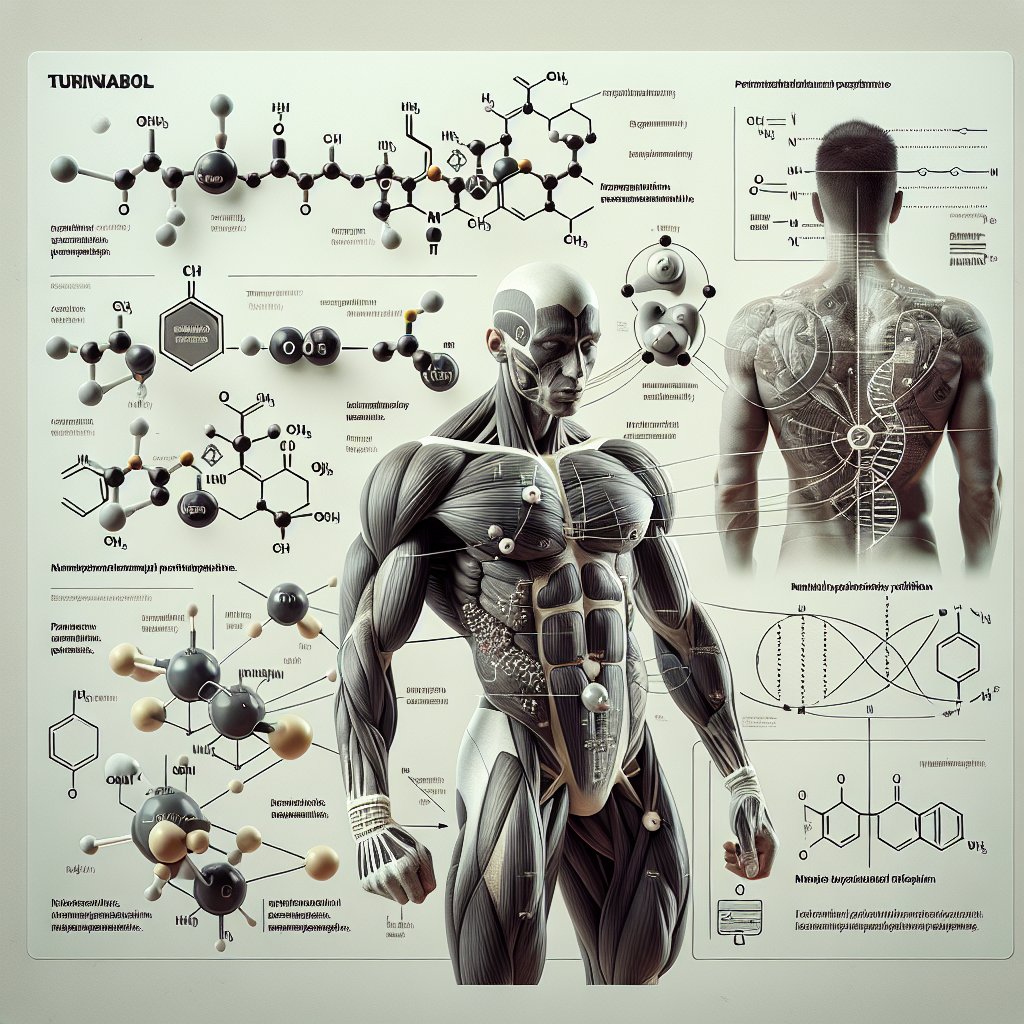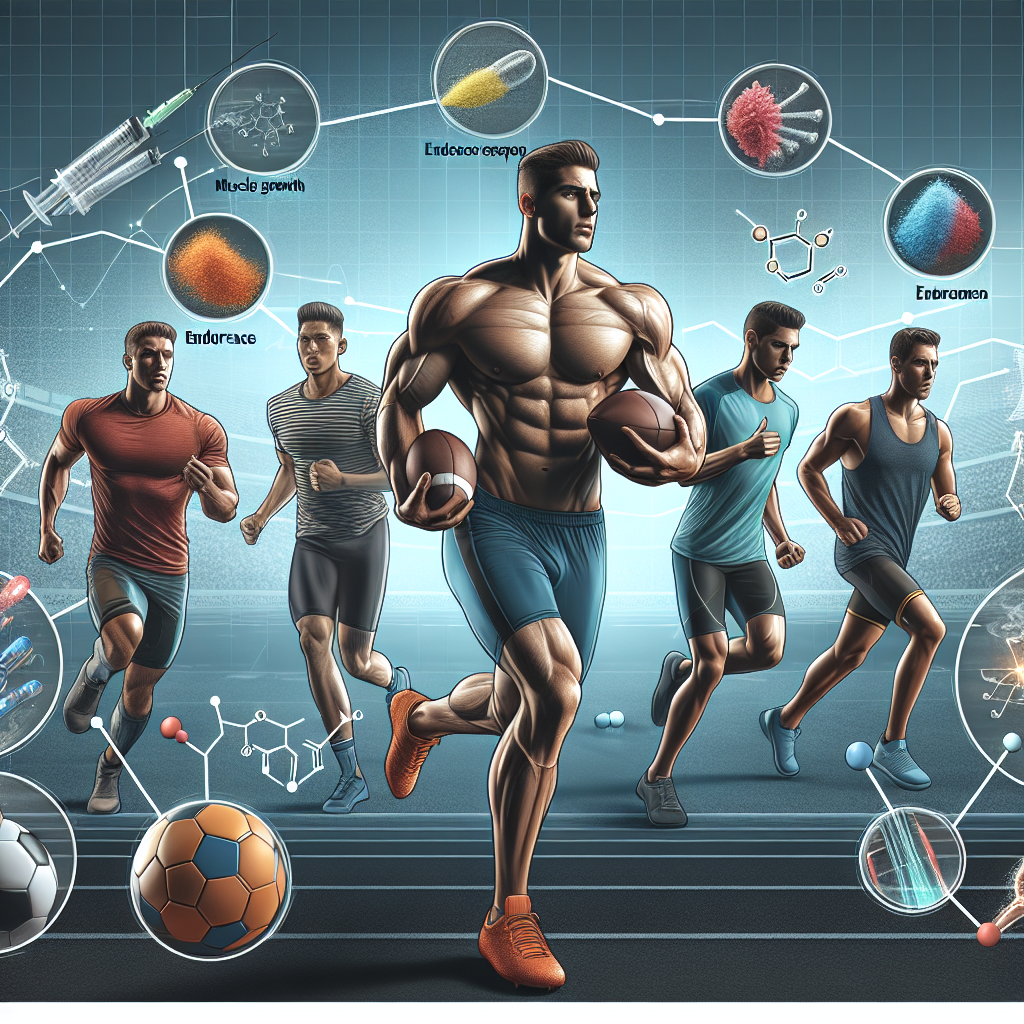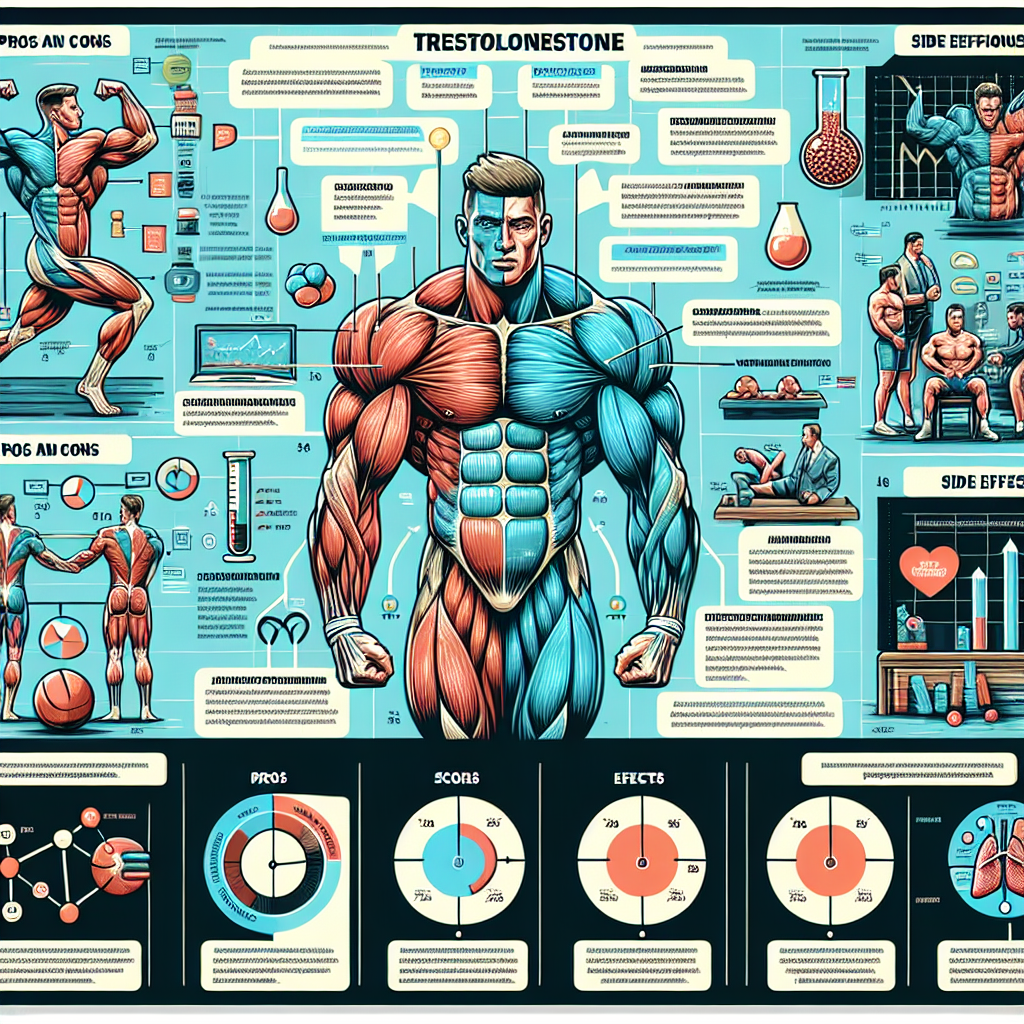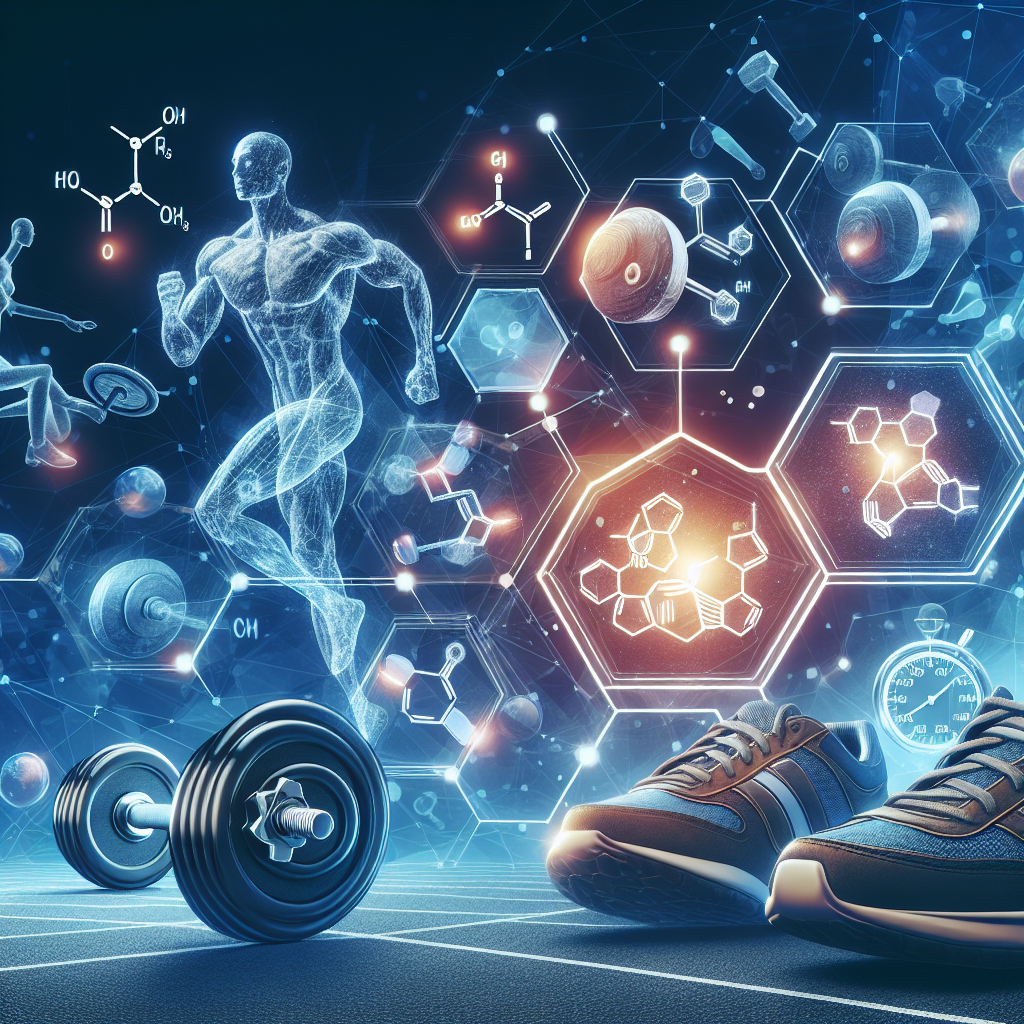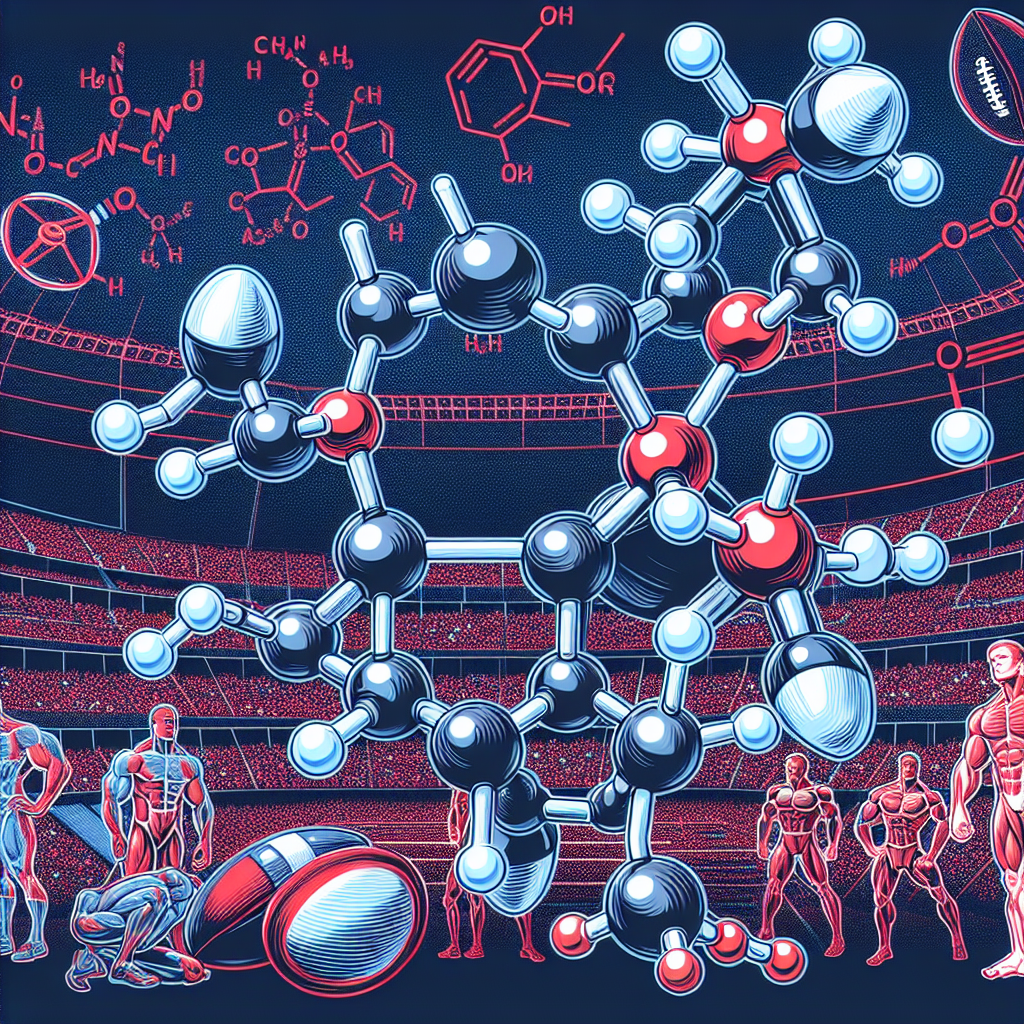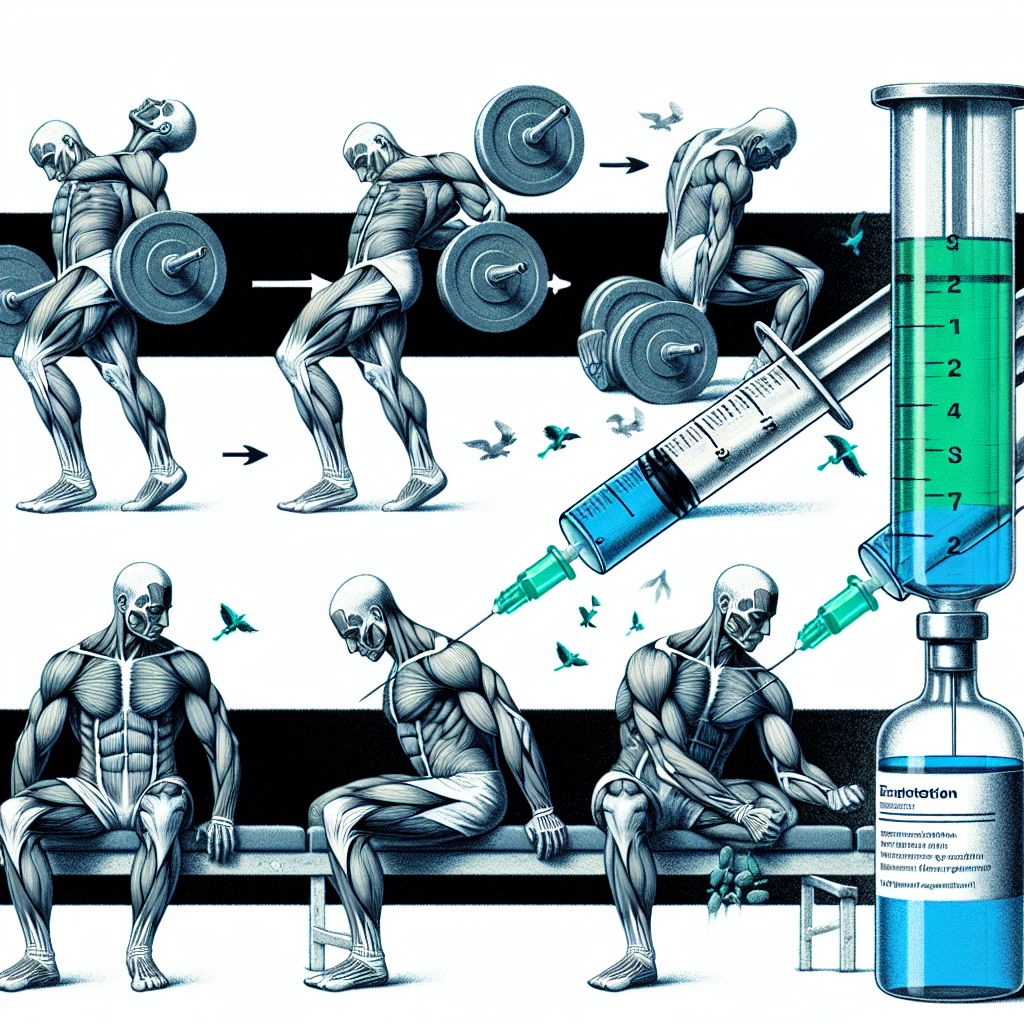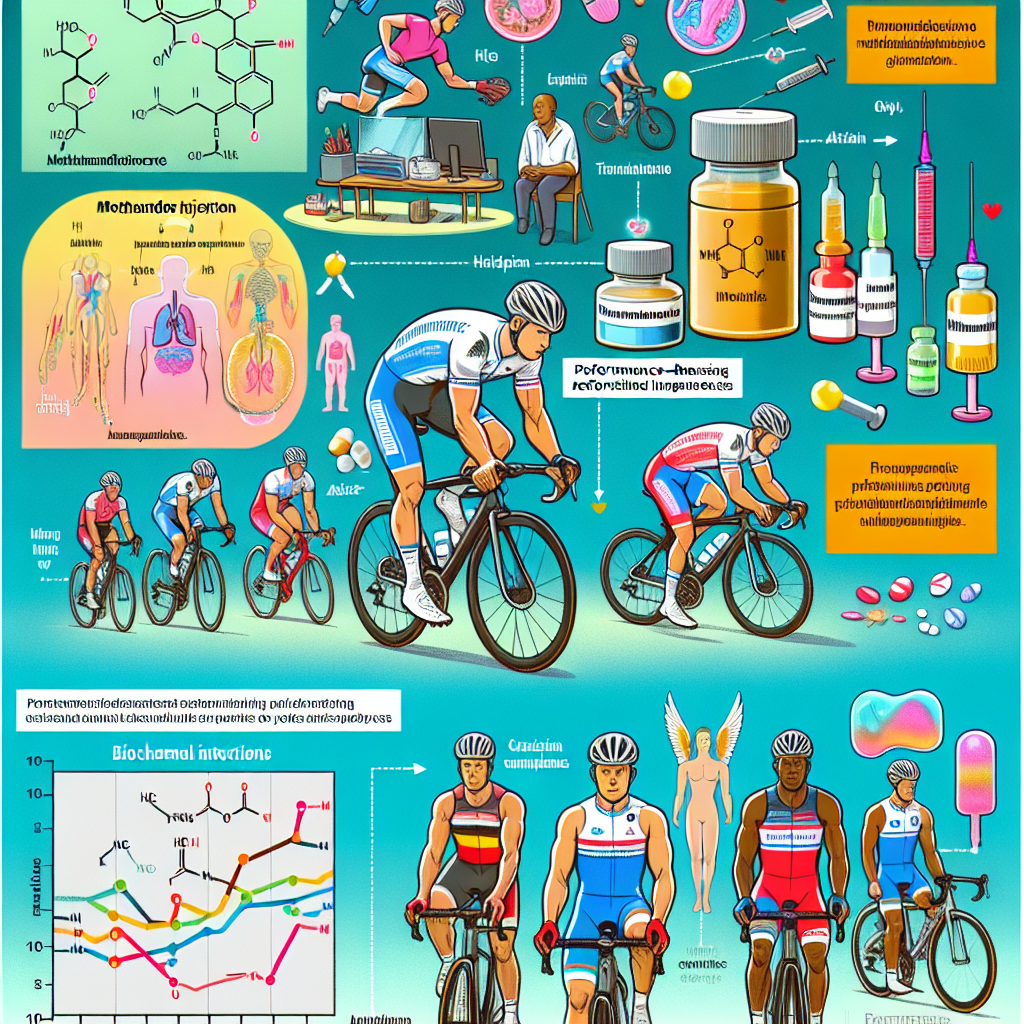-
Table of Contents
Turinabol: Enhancing Performance with Science
Turinabol, also known as 4-chlorodehydromethyltestosterone, is a synthetic anabolic androgenic steroid (AAS) that was developed in the 1960s by East German scientists. It was initially used to enhance the performance of their Olympic athletes, but has since gained popularity among bodybuilders and other athletes looking to improve their physical abilities. In this article, we will delve into the pharmacokinetics and pharmacodynamics of Turinabol and analyze its potential to enhance performance.
The Science Behind Turinabol
Turinabol is a modified form of testosterone, with an added chlorine atom at the fourth carbon position. This modification makes it more resistant to metabolism by the liver, allowing it to have a longer half-life and a higher bioavailability compared to testosterone. It also reduces the androgenic effects of testosterone, making it a milder steroid with less potential for side effects.
Like other AAS, Turinabol works by binding to androgen receptors in the body, stimulating protein synthesis and increasing muscle mass. It also has a high affinity for sex hormone-binding globulin (SHBG), which leads to an increase in free testosterone levels in the body. This can result in improved muscle strength, endurance, and recovery.
Pharmacokinetics of Turinabol
The oral bioavailability of Turinabol is approximately 50-80%, with a half-life of 16 hours. This means that it takes about 16 hours for half of the drug to be eliminated from the body. However, the detection time for Turinabol in urine can be up to 6 weeks, making it a popular choice for athletes looking to avoid detection in drug tests.
Turinabol is metabolized in the liver and excreted in the urine. Its main metabolites include 6β-hydroxy-4-chlorodehydromethyltestosterone and 6β-hydroxy-4-chloro-17α-methyl-δ1-dihydrotestosterone. These metabolites are detectable in urine for a longer period of time than the parent drug, making it difficult to mask its use.
Pharmacodynamics of Turinabol
Turinabol has a high anabolic to androgenic ratio, meaning it has a greater potential for muscle growth compared to its androgenic effects. This makes it a popular choice for athletes looking to improve their physical performance without the risk of developing androgenic side effects such as acne, hair loss, and virilization in women.
Studies have shown that Turinabol can increase muscle mass and strength, as well as improve endurance and recovery. In a study by Friedl et al. (1990), male subjects who received 10 mg of Turinabol daily for 6 weeks showed a significant increase in lean body mass and strength compared to the placebo group. Another study by Schänzer et al. (1996) found that Turinabol can improve endurance performance by increasing the oxygen-carrying capacity of the blood.
Real-World Examples
Turinabol has been used by many athletes in various sports, including bodybuilding, powerlifting, and track and field. One notable example is the East German swim team, who dominated the 1976 Olympics and were later found to have been using Turinabol as part of their state-sponsored doping program.
In recent years, Turinabol has also gained popularity among bodybuilders and powerlifters. It is often used in combination with other AAS to enhance muscle growth and strength. However, its use is banned by most sports organizations and is considered a performance-enhancing drug.
Expert Opinion
According to Dr. Harrison Pope, a leading expert in the field of sports pharmacology, “Turinabol is a potent anabolic steroid that can significantly improve muscle mass and strength. However, its use comes with potential risks, including liver toxicity and hormonal imbalances. It should only be used under the supervision of a healthcare professional and in compliance with anti-doping regulations.”
Conclusion
Turinabol is a powerful AAS that has been shown to enhance physical performance in athletes. Its unique pharmacokinetic and pharmacodynamic properties make it a popular choice among bodybuilders and other athletes looking to improve their physical abilities. However, its use comes with potential risks and should only be used under medical supervision and in compliance with anti-doping regulations. As with any performance-enhancing substance, the decision to use Turinabol should be carefully considered and weighed against the potential consequences.
References
Friedl, K. E., Hannan, C. J., Jones, R. E., Plymate, S. R., & Wright, J. E. (1990). High-density lipoprotein cholesterol is not decreased if an aromatizable androgen is administered. Metabolism, 39(1), 69-74.
Schänzer, W., Geyer, H., Fusshöller, G., Halatcheva, N., Kohler, M., & Parr, M. K. (1996). Metabolism of metandienone in man: identification and synthesis of conjugated excreted urinary metabolites, determination of excretion rates and gas chromatographic/mass spectrometric identification of bis-hydroxylated metabolites. Journal of steroid biochemistry and molecular biology, 58(1), 9-18.







